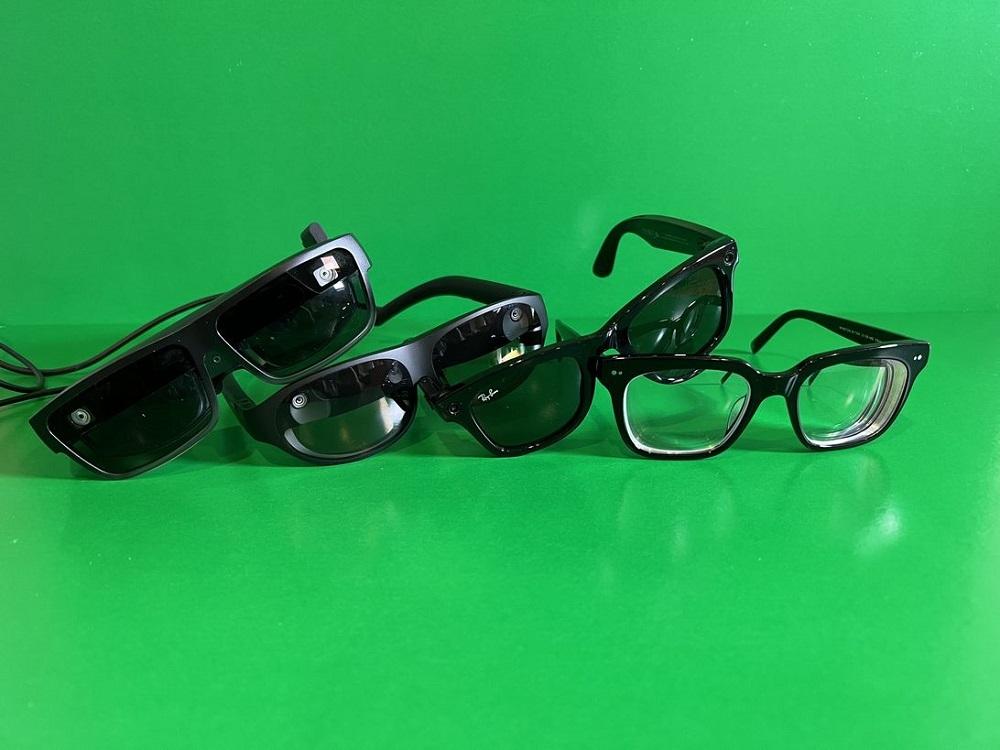What was going to happen a few months ago is even more realistic.It is reported that Google is under development of an expansion reality (AR) headset.Strangely, this is the road that the company went many years ago.
Google Glass提供:Robert CoutoIn 2013, I took the "Google Glass" on a commuter train.It was my first smart eyewear experience.I also used Google's virtual reality (VR) goggles "Daydream View" in cooperation with "Android" smartphones, and tried a Renovo standalone VR headset linked to Google's "Daydream VR" software.At that time, I asked Clay Bavor, who was in Google's AR and VR business, why Google moved his focus from hardware to utility AR apps for smartphones.When he talked last, he said:Google is in the "deep research and development" period on the future of AR and VR.
The Verge reported last week that Google has developed an AR headset under the code name "Project IRIS".As you read this article, Google's new headset seems to be a big difference from the headset developed by other companies.Using a camera, it fuses the real world and virtual images that can be seen beyond the display.It is an image like a composite reality in VR.This is nothing but META (formerly Facebook )'s next headset.I have tried VARJO's high -end headset that has already realized this.According to the Verge article, products born from Project IRIS are expected to be shipped earlier in 2024.
Google has been working on VR and AR for many years.With that in mind, it seems strange that the name of Google products is not seen in the exciting metahabas -related discussion and reporting.Google is an important thing that determines the direction of a smart glass, probably the most necessary.

Qualcomm has recently focused on developing smart glasses linked to smartphones, which seems to be an answer to the question of how to comfortably install and operate high -performance smart glasses.Niantic, Snap, and Meta are also developing similar products.Modern people do not let go of their smartphones for a while.This will not change for the time being.Smart glass equipped with a processor needs to use a smartphone aggressively or at least move apps in smartphones because the battery is extremely bad at least at the moment.
I tried some new smart glasses, but the cooperation with other devices, especially smartphones, was not smooth.But Google is an Android developer.He also invests a lot in ambient technology (applications and services that operate over devices such as smart speakers, smart screens, and smartwatches).Smart glass is one of the investment targets.Google's Project IRIS may seem like a standalone -type device that succeeds Oculus Quest, but is likely to be connected to a smartphone.This role is also required for other devices, but the current result is not good.
Apple has a lot of experience in AR and wearable technology, but has never created VR headsets.Google, on the other hand, has a track record of actually launching early smart glasses in the market, and has already been experienced in the building of VR ecosystem.
That is not all.Google has also introduced AR on search and maps.In 2020, he acquired NORTH, a smart glass maker who sold its own smart glass at a nearby store.It also owns Owlchemy Labs, which develops the VR drawing app "Tilt Brush", and the popular VR game "Job Simulator" and "Vacation Simulator".According to Alex Heath's article published in The Verge, Google has also invested in Magic Leap early.
I haven't tried it yet, but Google experimented with AR Teleprene using Project Starline in 2021.Bavor's project (he is also a leader in Google's new AR headset development project) will work on the development of the current VR and AR, that is, the excellent communication software.The current VR has not reached a level that can completely replace Zoom.The same is true for AR.
